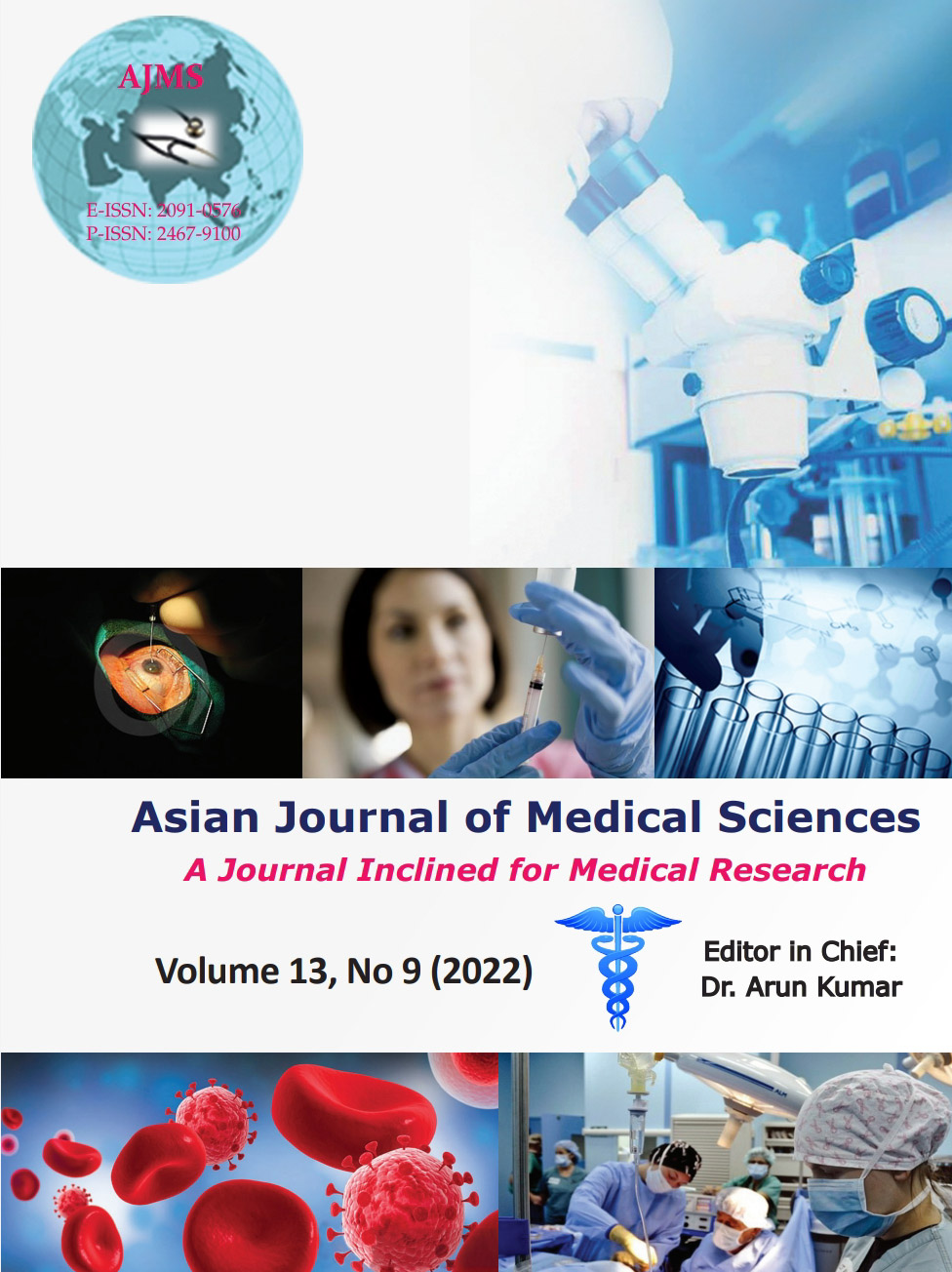Effectiveness of 6 weeks vestibular exercises practice on depression, anxiety, stress, and memory in hypertensive working women
Keywords:
STOPS; Neonatal intensive care unit; Newborn; PrognosisAbstract
Background: There is a raise in the psychological problems globally. Depression, anxiety, and stress are the negative psychological emotions that have to be diagnosed and managed at earlier stages. Vestibular stimulation was known to manage the negative psychological emotions.
Aims and Objectives: The aim of the study was to observe the effectiveness of selective vestibular exercises on depression, anxiety, stress, and memory in hypertensive working women.
Materials and Methods: A total of 20 working women with untreated pre-hypertension to Stage I hypertension and 20 healthy age-matched controls (working women), after obtaining written and informed consent.
Results: There was a significant improvement in the depression, anxiety, and stress scores followed by the practice of vestibular exercise. Spatial memory was significantly improved followed by practice of vestibular exercise for 6 weeks. Although there was an improvement in the verbal memory, but it was not statistically significant.
Conclusion: The study results present significant improvement in the depression, anxiety, and stress scores and significant improvement in spatial memory followed by the vestibular exercises for 6 weeks. The study recommends further detailed study with higher sample size to recommend vestibular exercise in the management of negative emotions and to improve memory.
Downloads
Downloads
Published
How to Cite
Issue
Section
License
Copyright (c) 2022 Asian Journal of Medical Sciences

This work is licensed under a Creative Commons Attribution-NonCommercial 4.0 International License.
Authors who publish with this journal agree to the following terms:
- The journal holds copyright and publishes the work under a Creative Commons CC-BY-NC license that permits use, distribution and reprduction in any medium, provided the original work is properly cited and is not used for commercial purposes. The journal should be recognised as the original publisher of this work.
- Authors are able to enter into separate, additional contractual arrangements for the non-exclusive distribution of the journal's published version of the work (e.g., post it to an institutional repository or publish it in a book), with an acknowledgement of its initial publication in this journal.
- Authors are permitted and encouraged to post their work online (e.g., in institutional repositories or on their website) prior to and during the submission process, as it can lead to productive exchanges, as well as earlier and greater citation of published work (See The Effect of Open Access).




